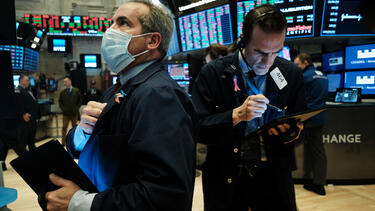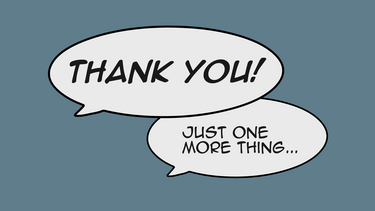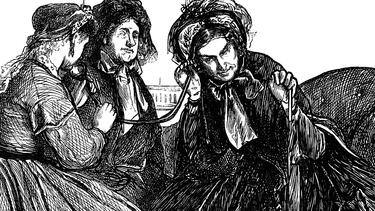Research
Why Did the Stock Market Bounce Back While COVID-19 Cases Kept Rising?
According to preliminary research by Yale SOM’s Peter Schott and his co-authors, investors may be adjusting prices based on whether previous predictions of total infections seemed overly optimistic or pessimistic.

Study Examines Spread of COVID-19 among Rohingya Refugees in Bangladesh
Yale SOM’s Mushfiq Mobarak and his co-authors investigated the prevalence of the disease in the crowded refugee camps and offered recommendations to slow its spread.

When Charitable Organizations Thank Donors, Should They Ask for More?
For charitable organizations that rely on donors for financial support, there is a delicate art to asking for gifts and expressing gratitude.

Contrary to Conventional Wisdom, Margins Don’t Rise as a Company Grows
Nearly every business plan contains the assumption that as the company grows, its average costs will fall and profit margins will rise. But that isn’t borne out by the numbers.

How Should Companies Fuel Word of Mouth?
New research finds that offering a free tier or giving existing customers bonuses for making referrals—or a combination—can be effective, depending on the size of the audience and whether the project has a social aspect.

Keeping a Close Eye on Local Governments’ Finances Can Improve How they Govern
Yale SOM’s Anya Nakhmurina found that fiscal monitoring policies, which require a state office to review local governments’ finances, boosted municipalities’ financial health and reduced corruption convictions of local officials.

Study Finds Declaring Bankruptcy May Not Hurt Future Employment Prospects
Hundreds of thousands of Americans declared bankruptcy during the Great Recession. A new study co-authored by Yale SOM’s Paul Goldsmith-Pinkham examines the effect on their employment prospects.

When Women Speak, Do People Listen?
In a study of farming villages in Malawi, Yale SOM’s Mushfiq Mobarak and his colleagues found that women’s performance on communication tasks seemed to be hindered by how other people received their work.

Single Women Get Lower Returns from Housing Investments
A new study from Yale SOM’s Kelly Shue and Paul Goldsmith-Pinkham finds that single women who buy and sell real estate lose out on an average of $1,600 per year.

New Outbreaks of Coronavirus Can Be Halted with Isolation Measures, According to Study
Yale SOM’s Edward Kaplan used early reports out of Wuhan to evaluate the likely effectiveness of common tactics, such as isolation of patients and quarantine, in keeping the disease from spreading in new regions.
